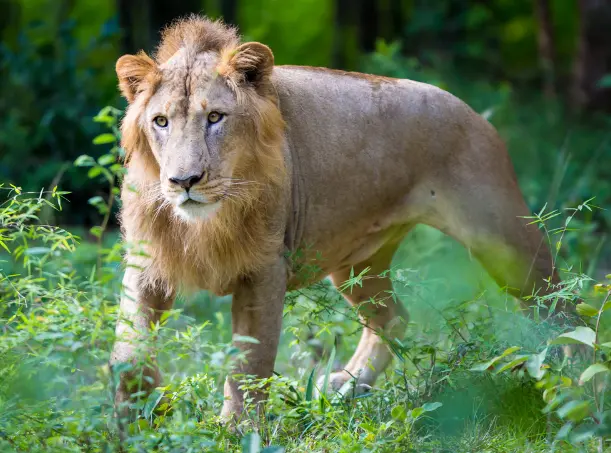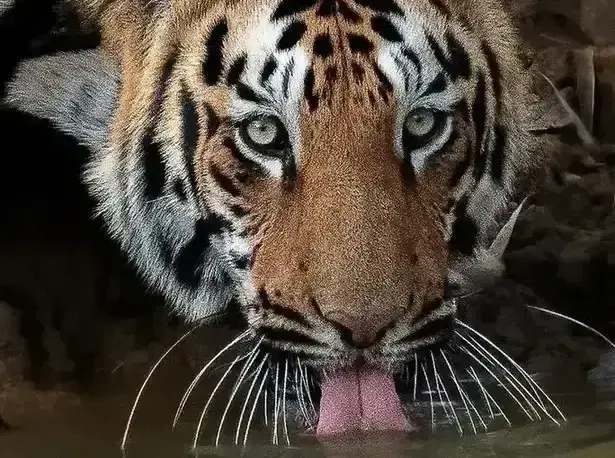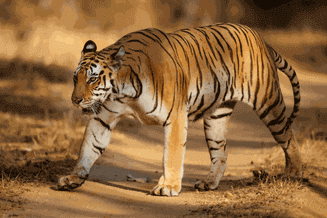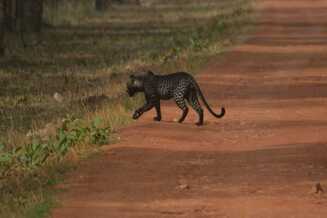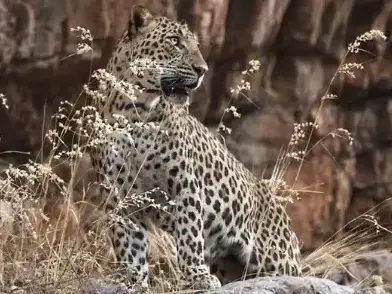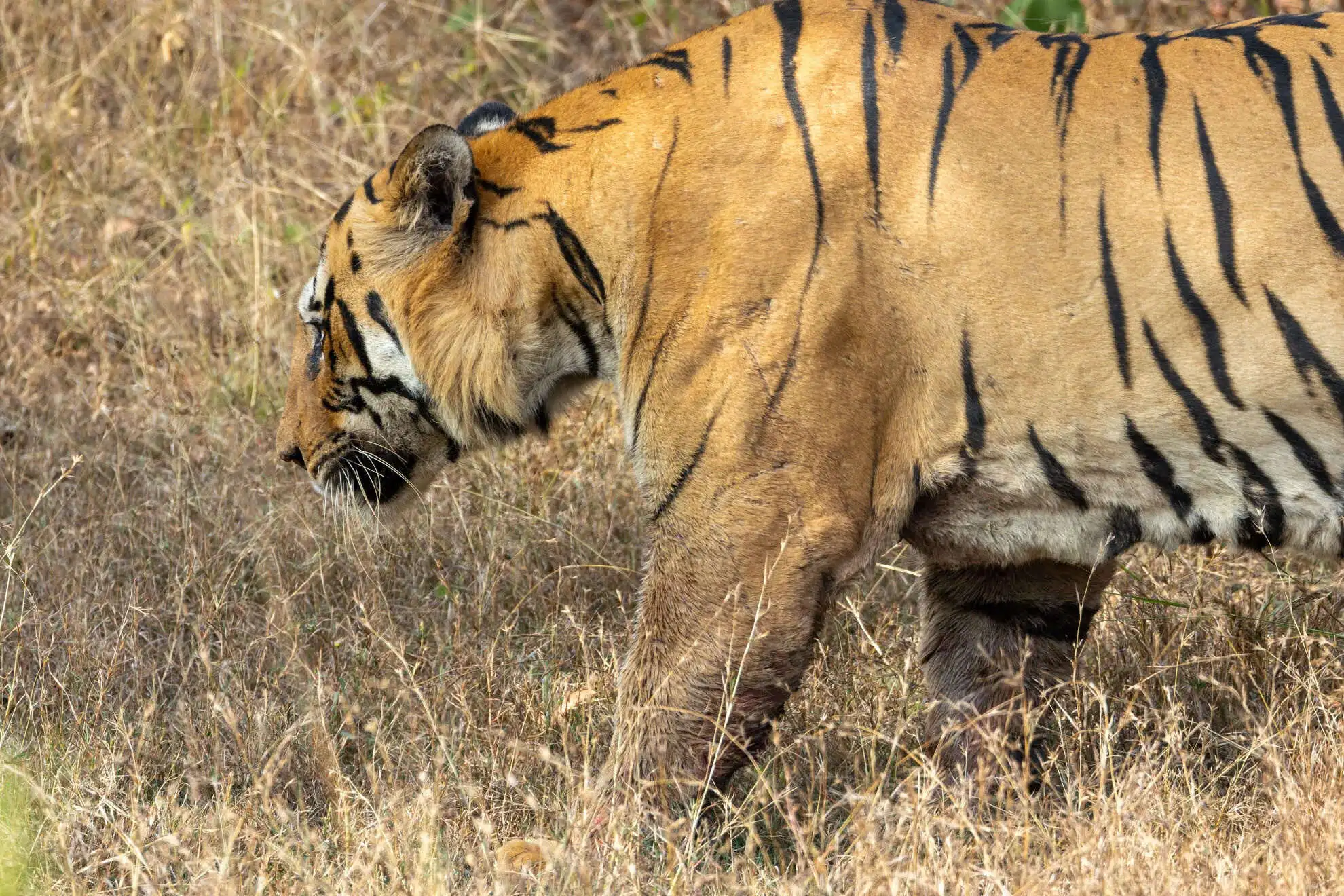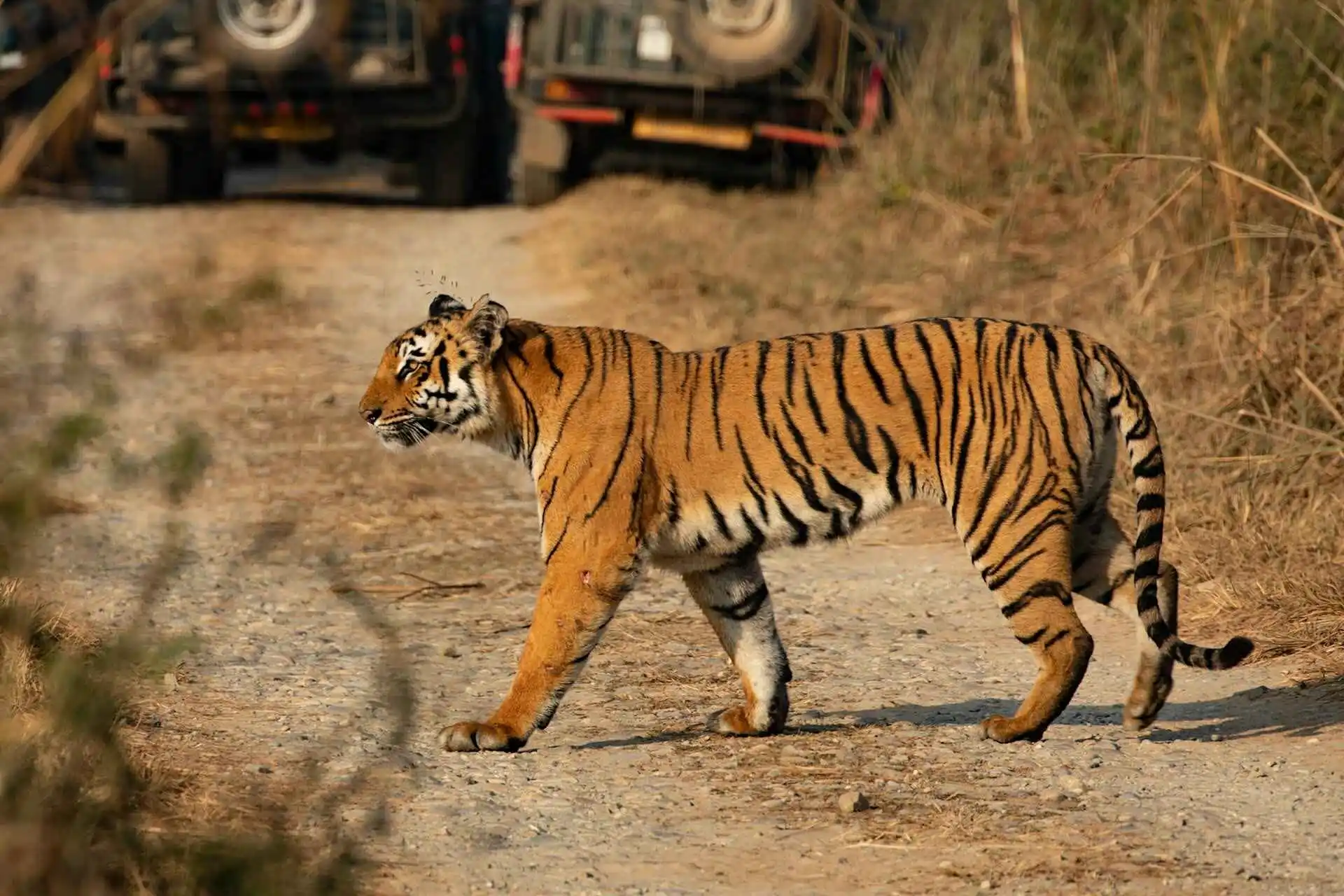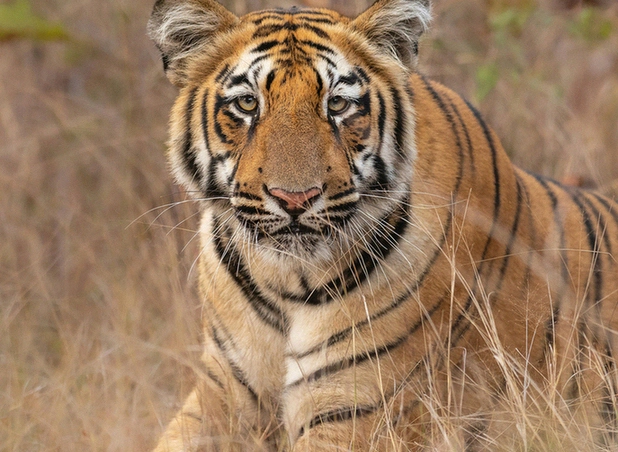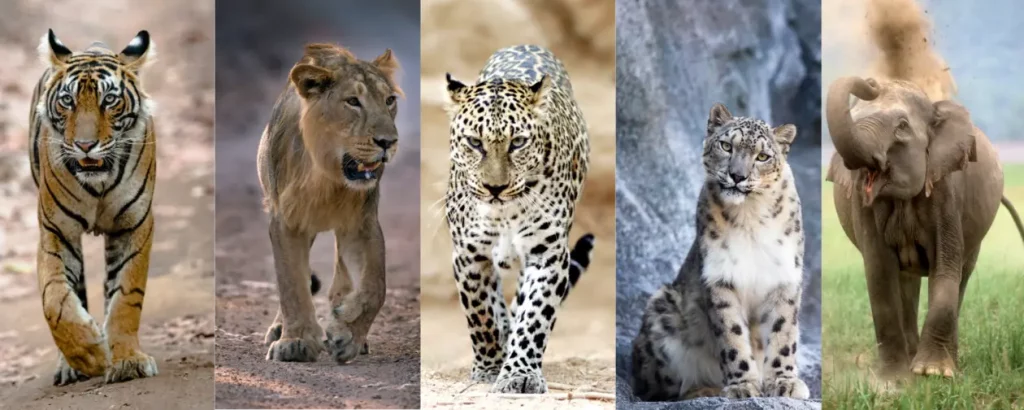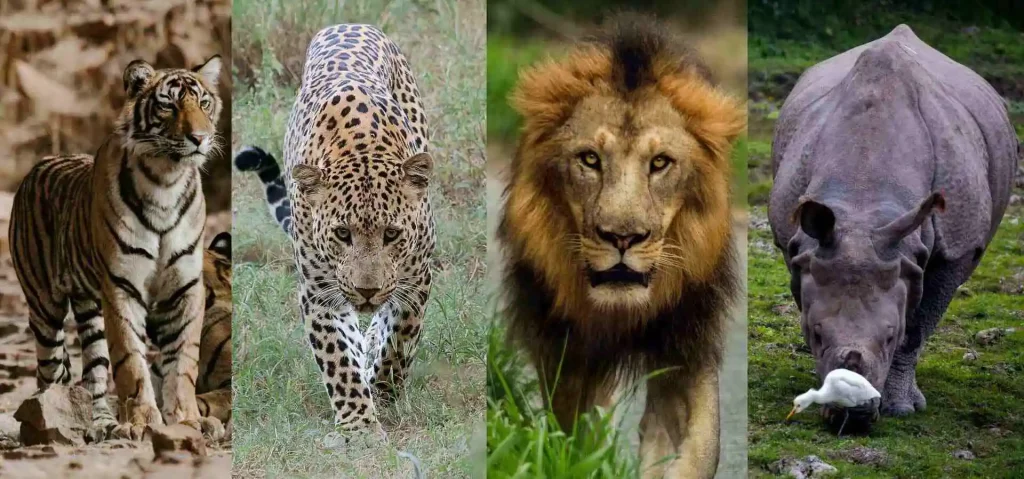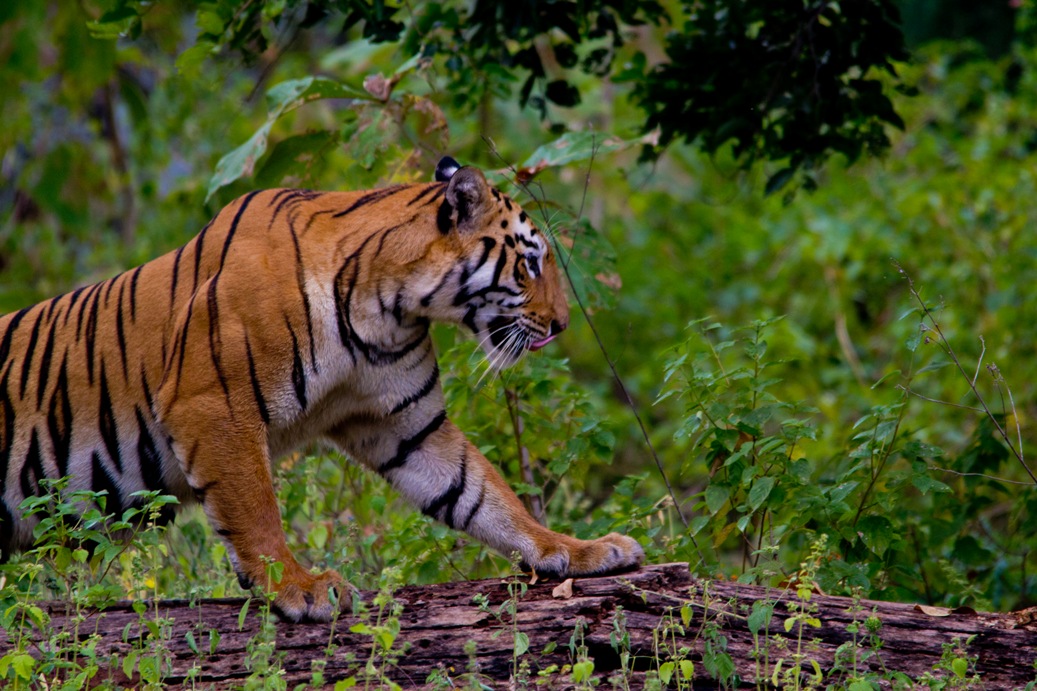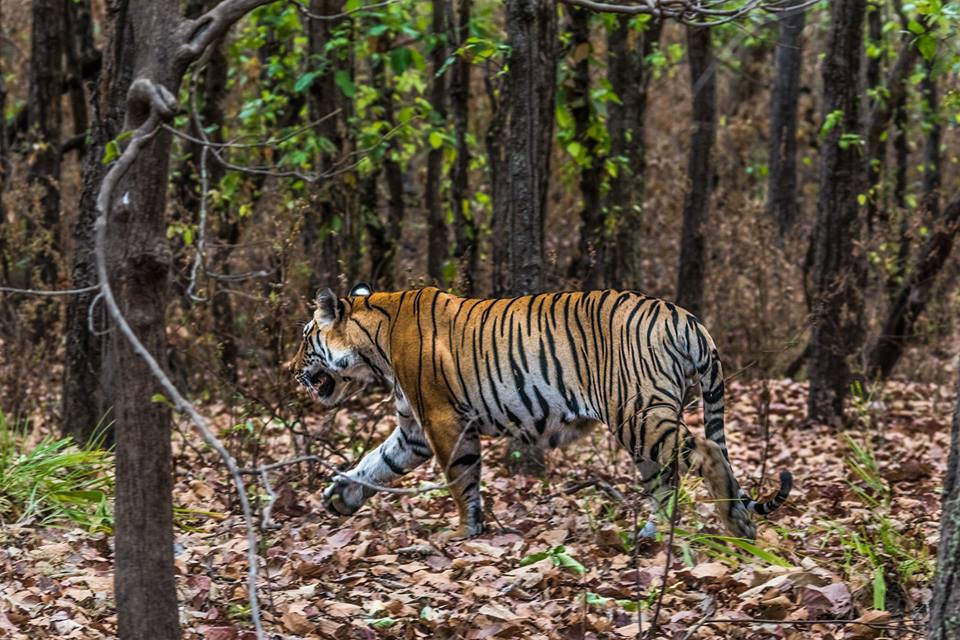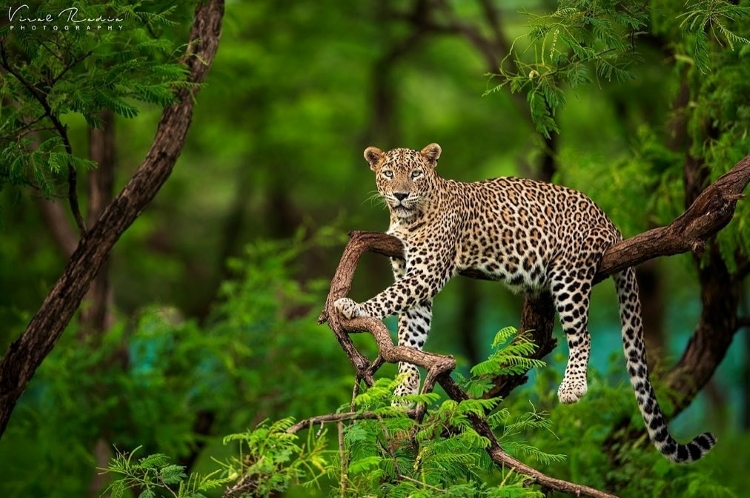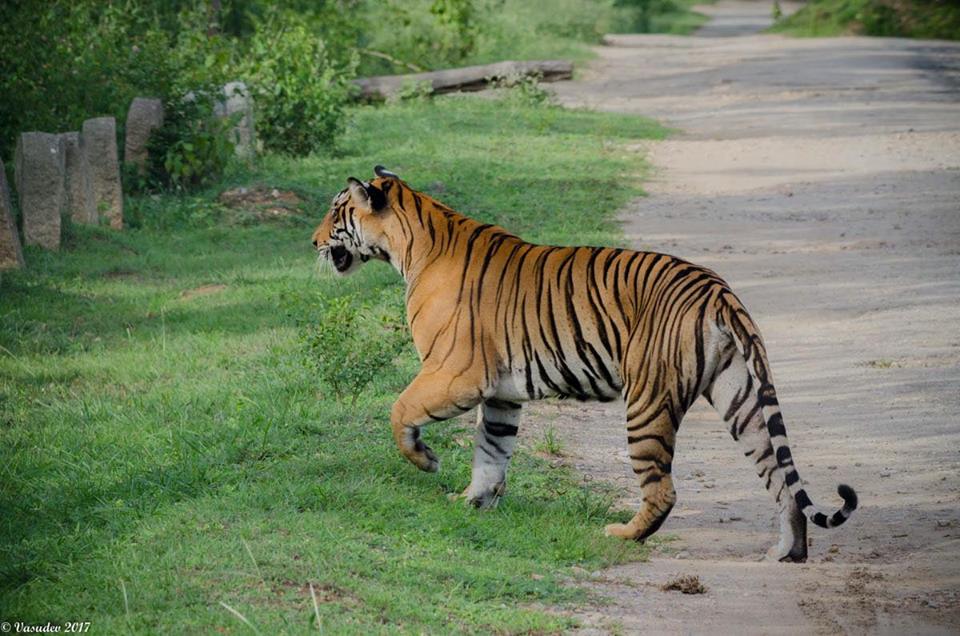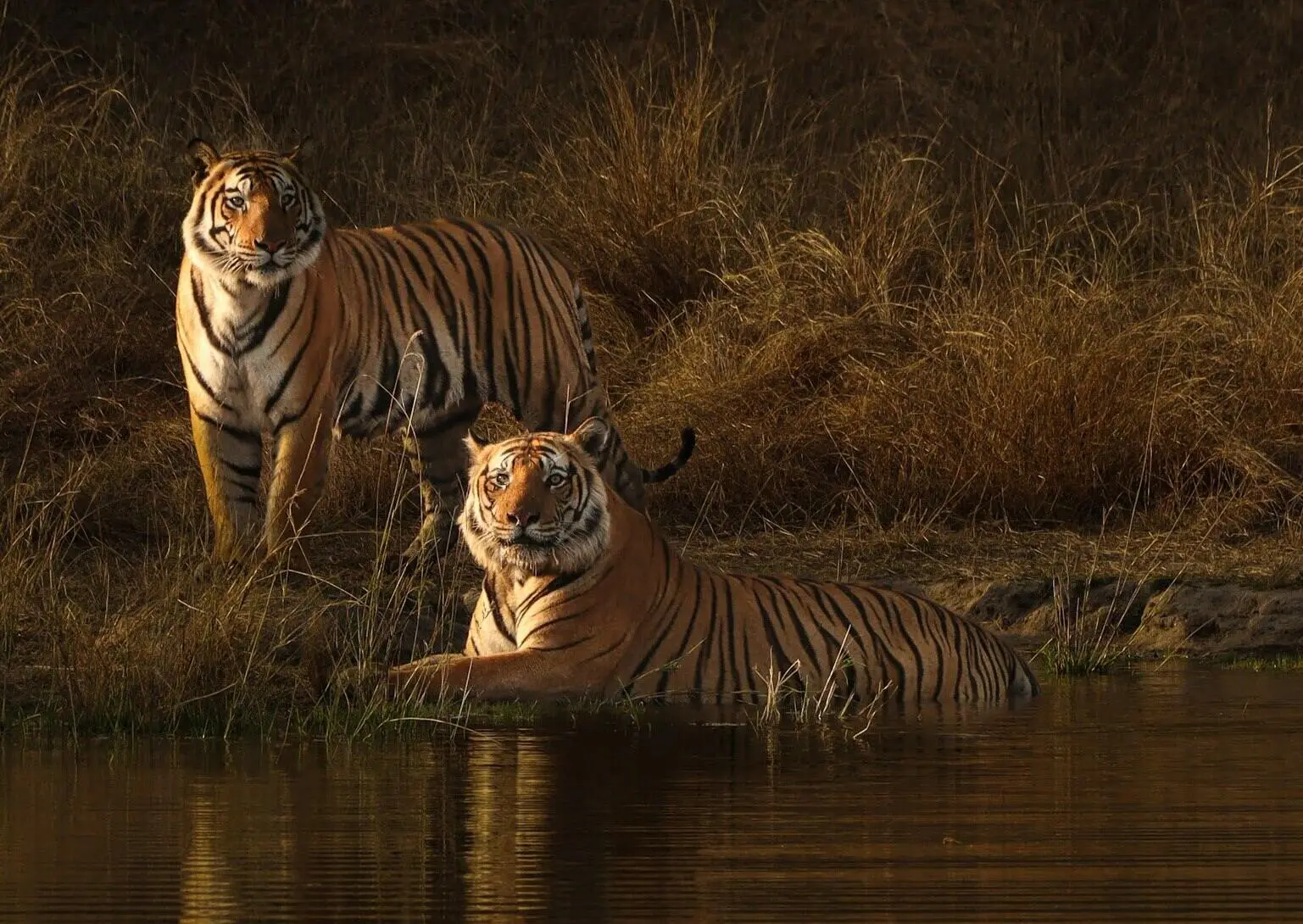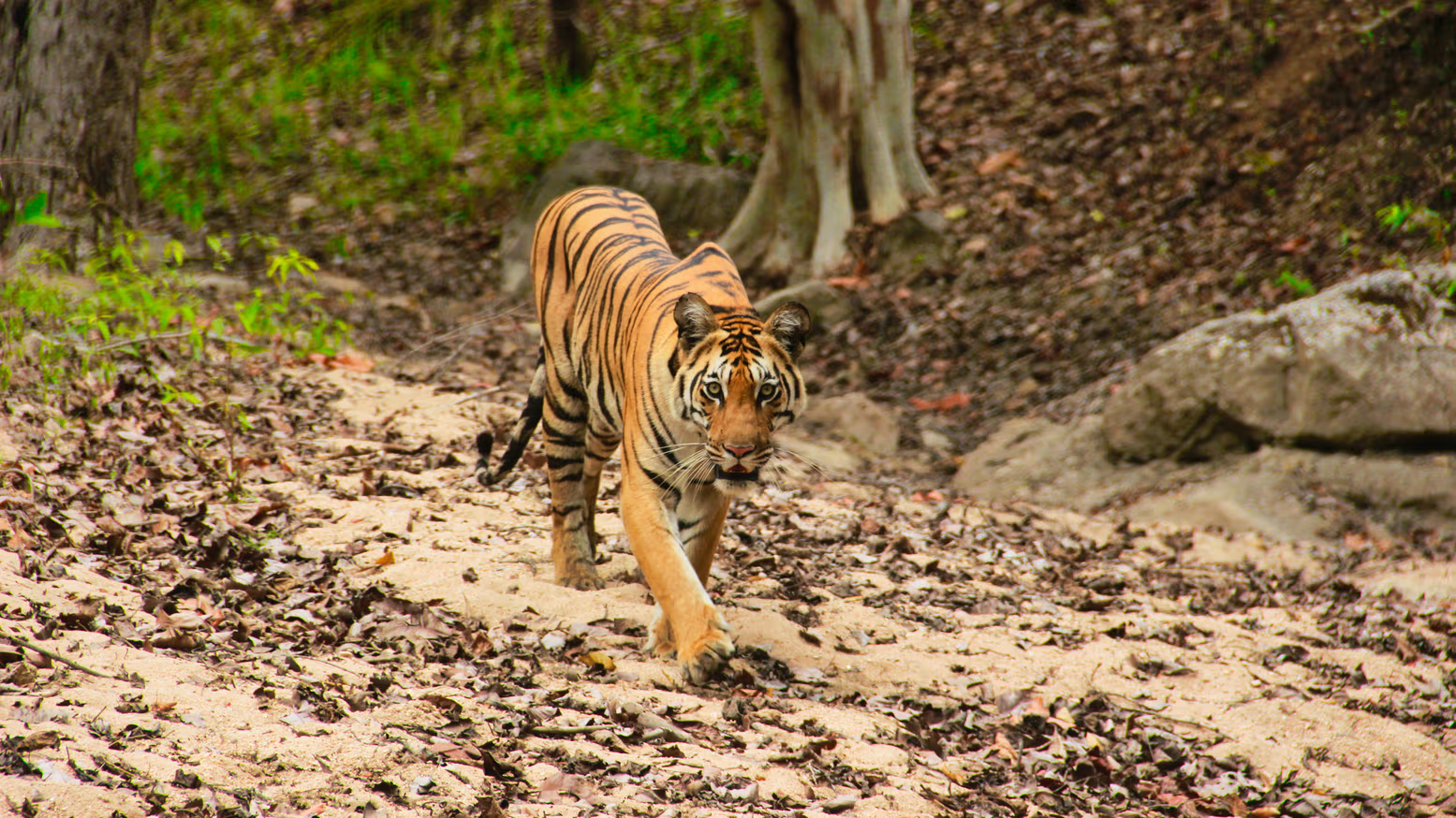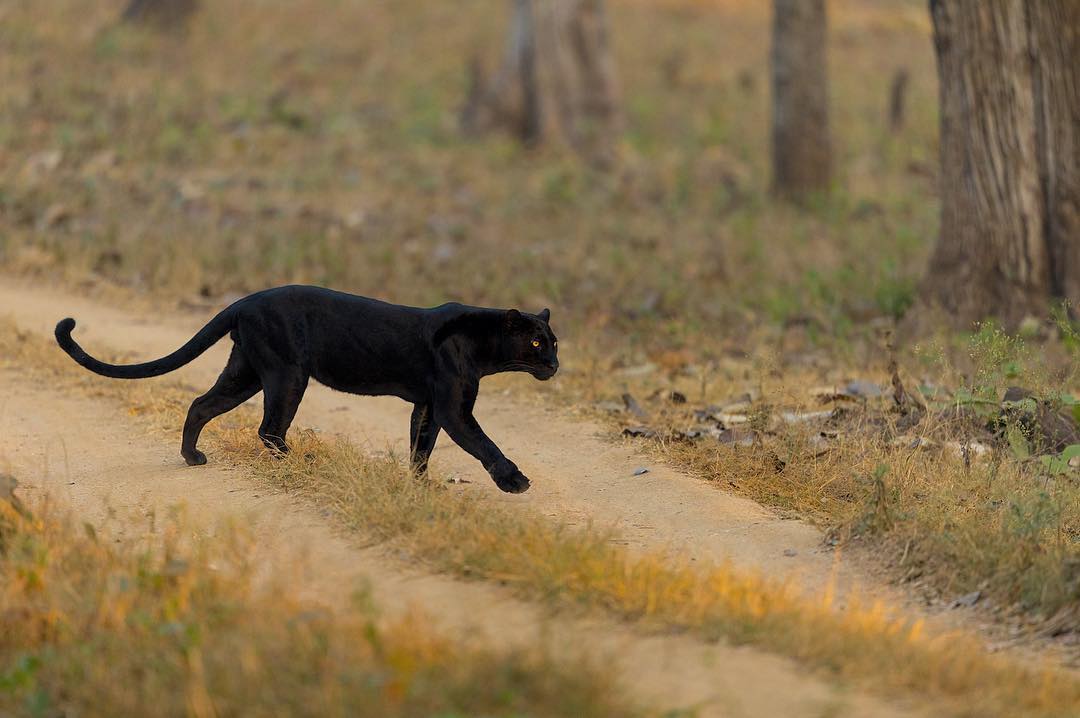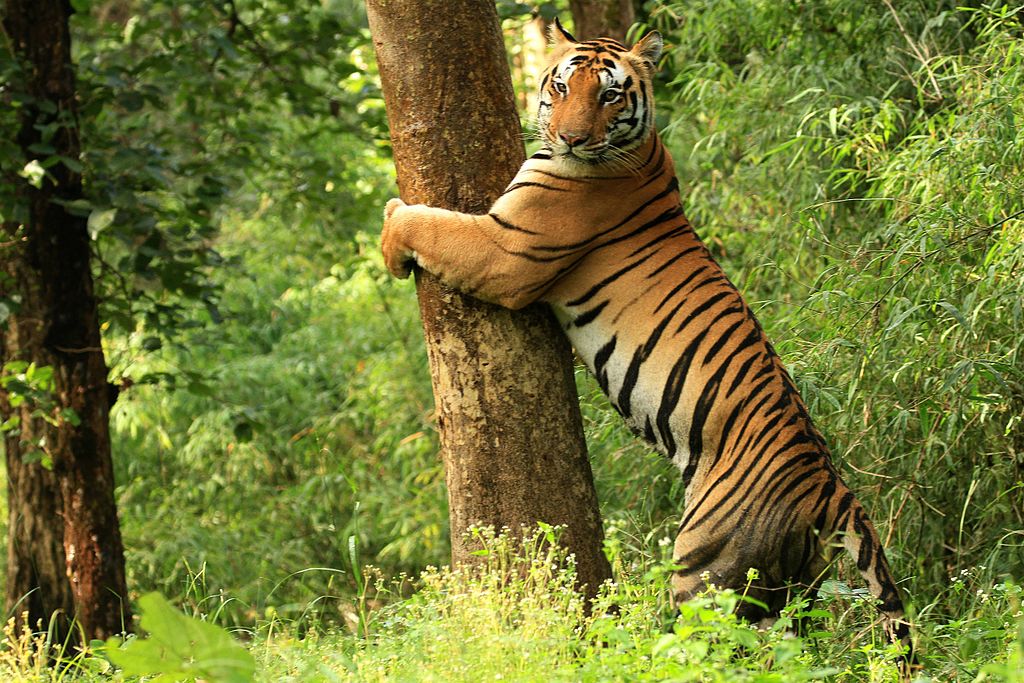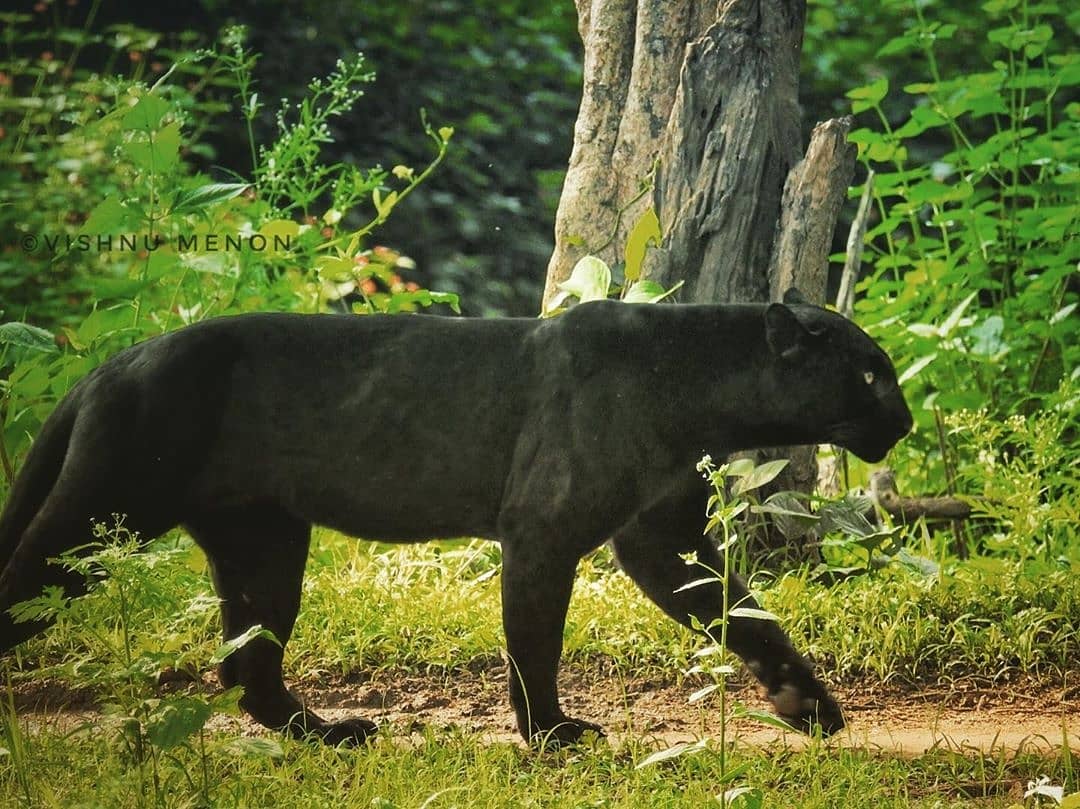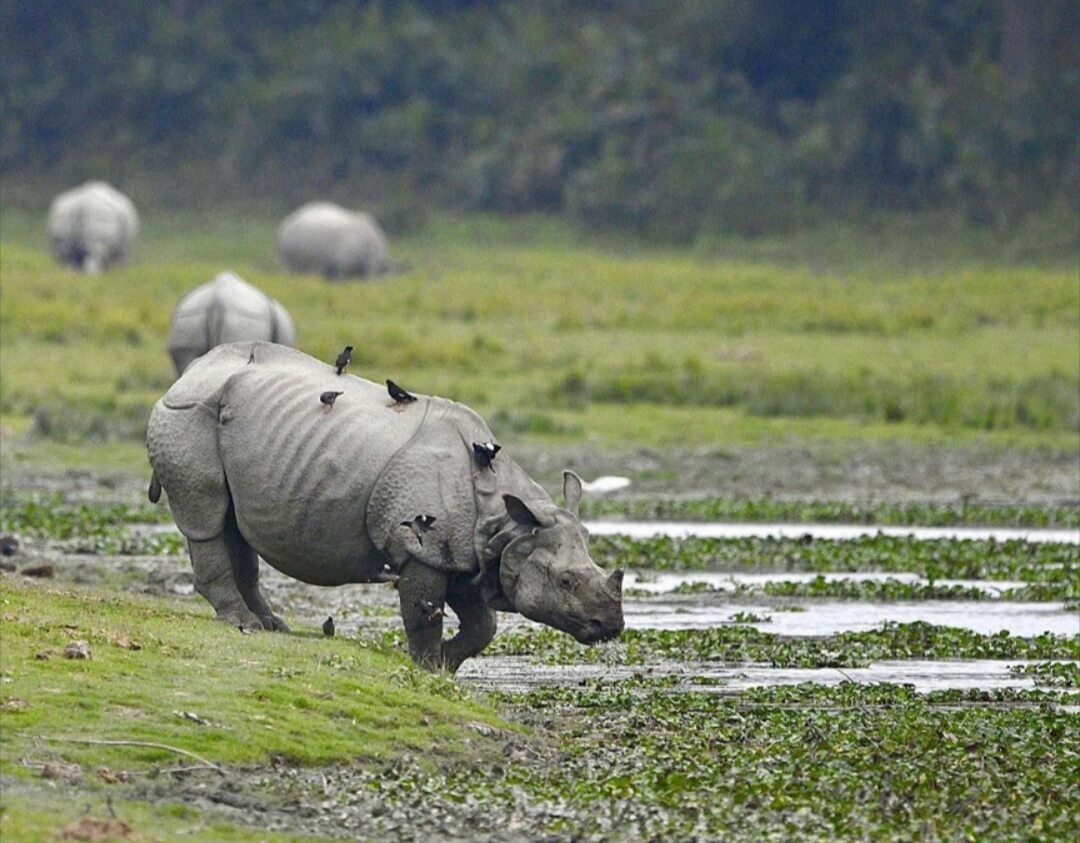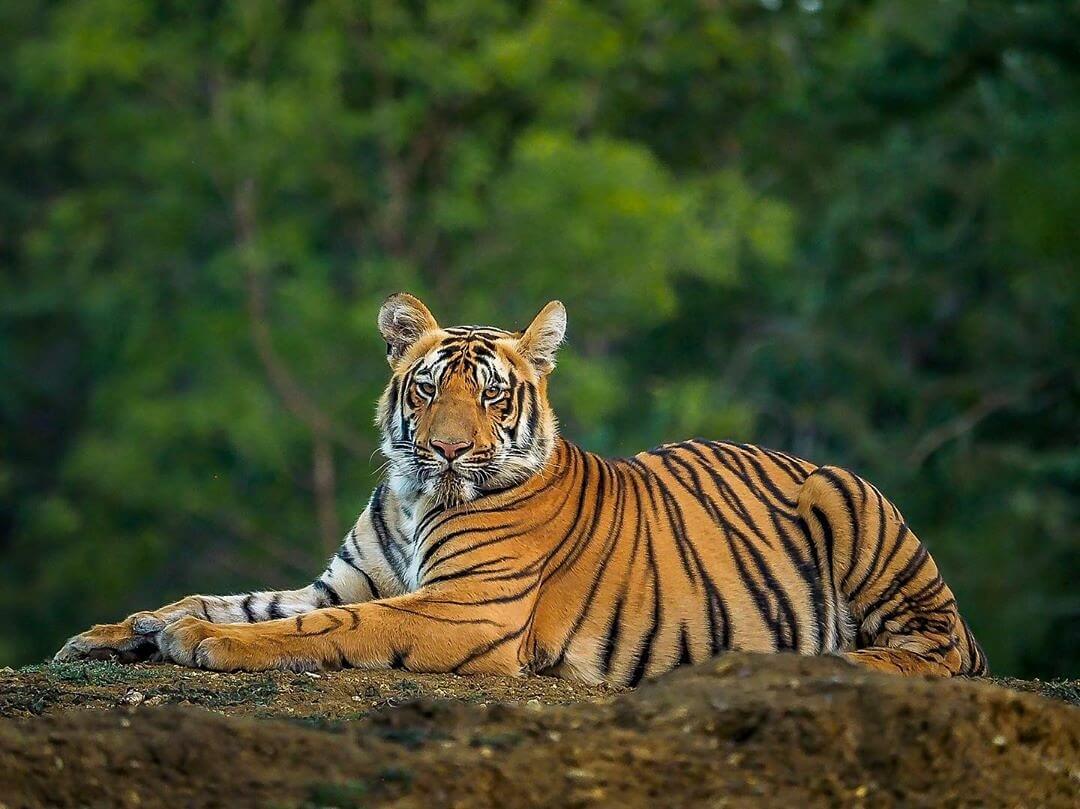Sustainable Tourism: A Pivotal Movement
“Sustainable Tourism takes full account of its current and future economic, social and environmental impacts, addressing the needs of visitors, the industry, the environment and host communities.” – World Tourism Organization (UNWTO
The black leopard in the emerald green jungles of Pench, the tigers stretching out under the sun in Tadoba, the elephants of Jim Corbett – these are the wonders of a wildlife habitat. As wildlife enthusiasts, their protection, and wellbeing is in-part, our responsibility. The radical climate shift has brought into consideration the most important aspect to consider about tourism: Sustainability. Furthermore, the rehabilitation of the homes that these majestic creatures inhibit. The loss of species biodiversity is not the cause of evolutionary influence: it is purely man-made. However, it is not too late to control the damage we have inflicted.
What is Sustainable Tourism?
Sustainable tourism is defined by the UN Environment Program and UN World Tourism Organization as “tourism that takes full account of its current and future economic, social and environmental impacts, addressing the needs of visitors, the industry, the environment, and host communities.”
Importance of Sustainable Tourism
Primarily, the most important aspect of sustainability in this domain, is as aforementioned- preserving the negative impact of tourism on natural ecosystems. This in-turn will help protect these resources for future generations to enjoy.
Next, sustainable tourism can act as a source of economic benefit, as when tourism is managed via the means of community, the revenue stays within the local community, and new jobs are made for the locals. This reduces poverty. Sustainable tourism leads to the preservation and respect for local cultures and traditions, thus preserving indigenous knowledge.
Another extremely vital goal of sustainable tourism is the reduction of the carbon footprint. By implementing these, the brunt of climate change on natural habitats, can be mediated. Sustainable tourism is the gateway into the tourism industry’s long life.
Sustainable Wildlife Tourism: A Pivotal Movement
The aim of sustainable tourism with respect to wildlife, is to minimize the detrimental impacts of humans entering natural habitats. Implementing sustainable tourism does not come without its own challenges. Aiming to strike a balance between allowing humans to enter these habitats, while still managing to keep them intact, is not an easy endeavour. However, policies are gradually coming into being, as wildlife enthusiasts continually realise how serious of an issue this is.
Ways to Implement Sustainable Tourism
Awareness and Education
Making tourists aware of all the dos and don’ts that accompany wildlife tourism is an efficient way to make them ambassadors of wildlife protection. Simple rules such as not cat calling animals, not using flash photography, must be constantly reinforced.
Maintain Distance
Proximity with animals can be dangerous, and furthermore can act as a source of immense stress for the animal. It can also agitate the animal. This in-turn will negatively impact the health of the animal.
No Feeding
Human food is not healthy for animals, and they do not need food from humans to survive. Wild animals have specialized diets, and they can become malnourished or die if fed the wrong foods. Also, animals cannot distinguish food from wrappers or foil and can get sick eating these items. Stop feeding animals and birds.
Lowering our Carbon Footprint
Selecting destinations and activities that support the local community and economy can help reduce the need for imported goods.
Staying on Designated Trails
Stick to established paths and trails to prevent damage to vegetation and soil erosion. Furthermore, some tour operators offer carbon-neutral safaris, which are inherently better for the environment.
Current Sustainable Tourism Initiatives
India has one of the world’s largest carbon footprints from tourism. States like Himachal Pradesh, Odissha, have incorporated sustainability practices, such as getting women involved in ecotourism; this takes shape in the manner of handmade souvenirs, and all the proceeds go to the community. By purchasing one, awareness is spread about the region, and the livelihood of the locals is enhanced positively.
The Periyar Tiger Reserve in Kerala and Jim Corbett National Park in Uttarakhand have already taken measures to promote ecotourism zones. The ministry of India has introduced a ‘Clean India: Clean Tourist Destinations’ program to maintain cleanliness and hygiene at tourism 3 sites. Initiatives like the ‘Atithi Devo Bhava’ (Guest is God) campaign aim to raise awareness among tourists about respecting local customs and traditions.
India also encourages community-based tourism projects, which allows them to benefit economically from tourism; some examples include Khonoma Green Village in Nagaland and Kumarakom in Kerela. Furthermore, initiatives like the ‘National Mission on Himalayan Studies’ aim to reduce the carbon footprint of tourism in the Himalayan region.
How to be a Responsible Tourist
- Follow the Guide’s Instructions
- Reduce your Carbon Footprint.
- Minimize Noise and Disturbance.
- Don’t Litter.
- Respect Local Cultures and Communities.
- No Feeding or Approaching Wildlife.
In conclusion, it is extremely vital to be mindful of our role and responsibility towards wildlife, and natural habitats- in order to preserve biodiversity and to allow future generations to experience the wonders of wildlife as we have had the privilege to.






















